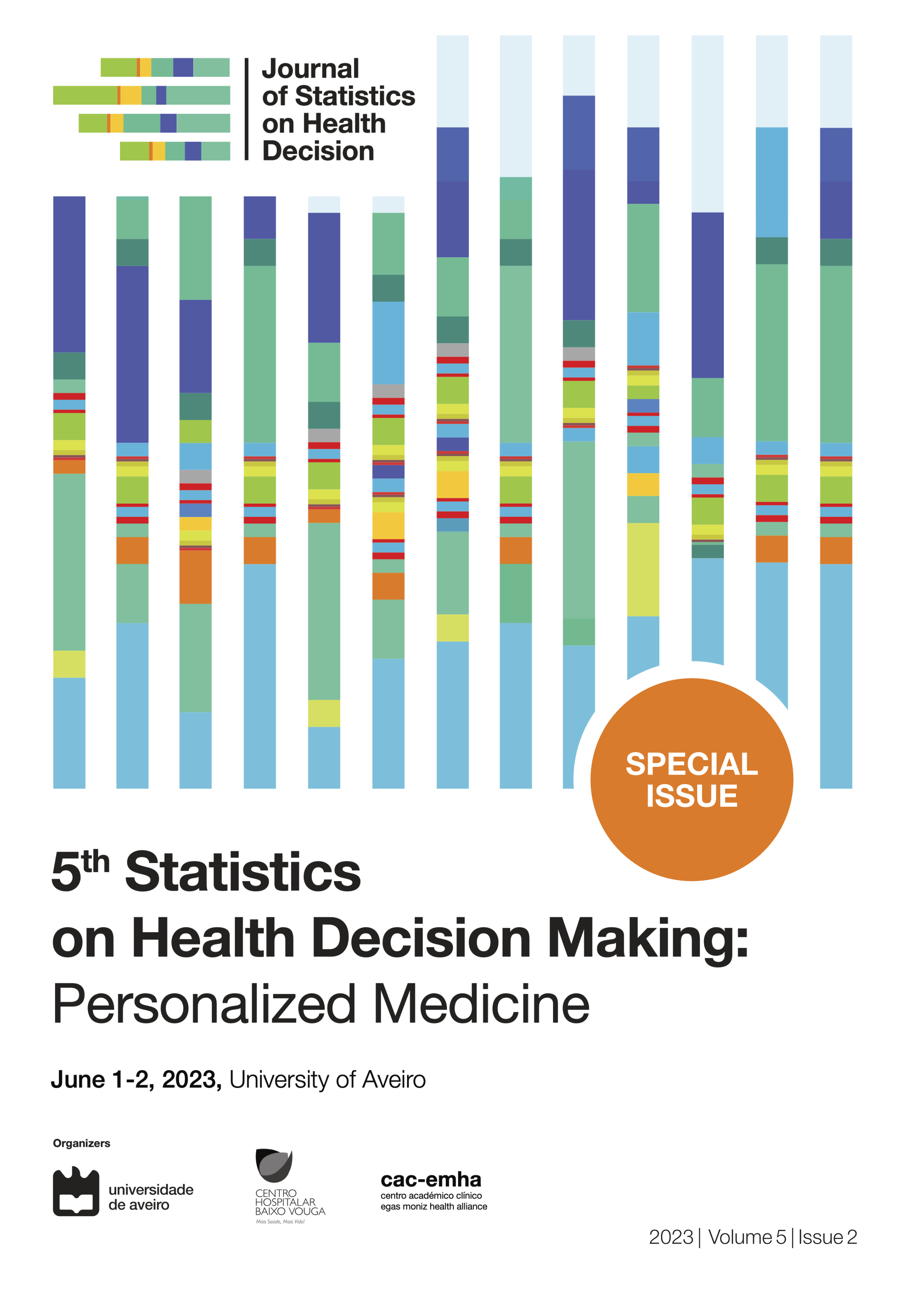Occupational health, well-being and ability to work in a sample of Portuguese Nurses
DOI:
https://doi.org/10.34624/jshd.v5i2.31540Keywords:
Coping with work, Well-being, Occupational health, Factor analysis, NursesAbstract
Background/Objective: Occupational health is a multidisciplinary activity aiming to keep people mentally and physically well and safe at work. In nurses, it has deserved a particular attention, considering the complexity and demanding nature of the job. The current study aims to investigate the association between psychosocial variables, including coping with work (BriefCOPE) and psychosocial factors of work (COPSOQ-II), and ability to work (WAI) among Portuguese nurses.
Methods: An observational cross-sectional study with 111 Portuguese nurses was conducted and the outcome measures include socio-demographical variables, COPSOQ, BriefCOPE and WAI. To study the variables presented in the original database, a sociodemographic characterization was performed, followed by an exploratory factor analysis (EFA) to the COPSOQ and BriefCOPE dimensions. To quantify, test and confirm the results obtained in the previous analyses, a confirmatory factor analysis (CFA) was performed.
Results: Key coping dimensions were closely associated with better ability to work among nurses, particularly the use of instrumental support, planning, quantitative demands, and emotional demands. The EFA for BriefCOPE suggested a 5-factor structure, which is a slightly different factor structure for the corresponding 3 theoretical dimensions, and the CFA results show that the model is not fit to the data. Regarding the COPSOQ-II scale, the EFA suggested the same 8-factor structure of the original scale’s theoretical model. For this scale, most of values obtained in CFA are consistent with the cut-off values, so a fit of the model to the data is possible.
Conclusions: The current study focus on potential factors playing a role in key well-being and coping with work outcomes on the psychosocial characterization of Portuguese nurses.
References
Downloads
Additional Files
Published
Issue
Section
License
When submitting an article to the Journal of Statistics on Health Decision (JSHD), authors certify the following clauses:
- Originality and single submission – The contents presented in the article have not been published previously in whole or in part, and were not submitted or are not under active consideration elsewhere prior JSHD decision. The article is authentic and does not contain plagiarism.
- Authorship – All authors reviewed the article, agreed with its content, and agreed to its submission to the JSHD. All the authorship criteria stated by The International Committee of Medical Journal Editors Guidelines were met.
- Conflicts of interest – Any conflict of interests were declared. If authors have no declaration, it should be written (in the acknowledgements section): “The authors declare no conflict of interests”.
- Ethics committee and informed consent (if applicable) – The current research was approved by an independent ethics committee and subjects gave their informed consent before they were enrolled in the study.
- And authors agree to the Open Access license agreement of the Journal of Statistics on Health Decision, stated bellow.





